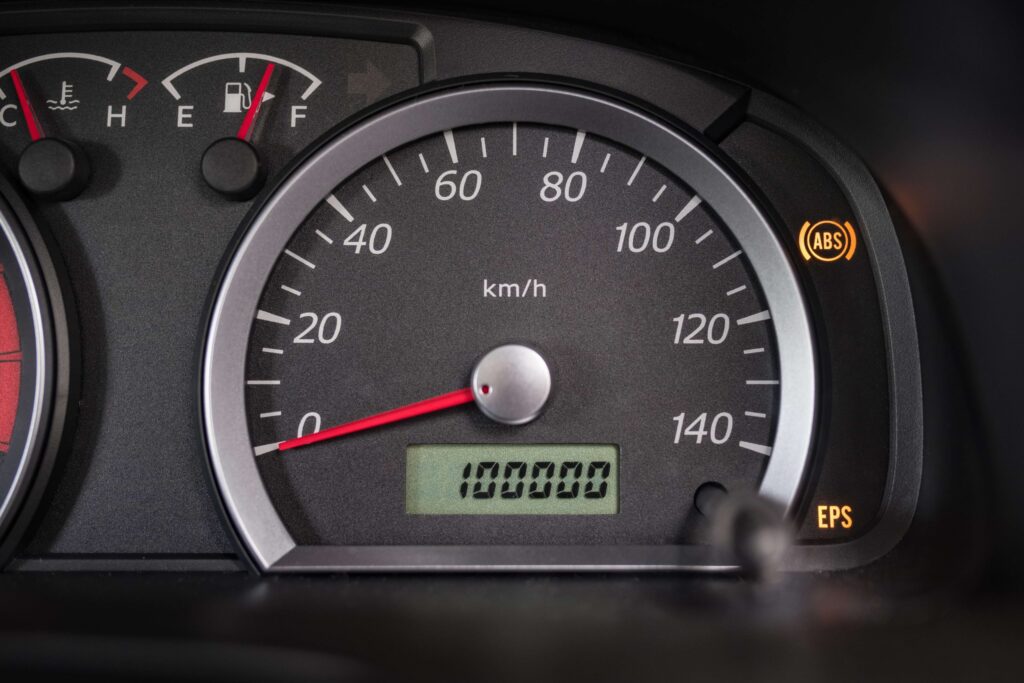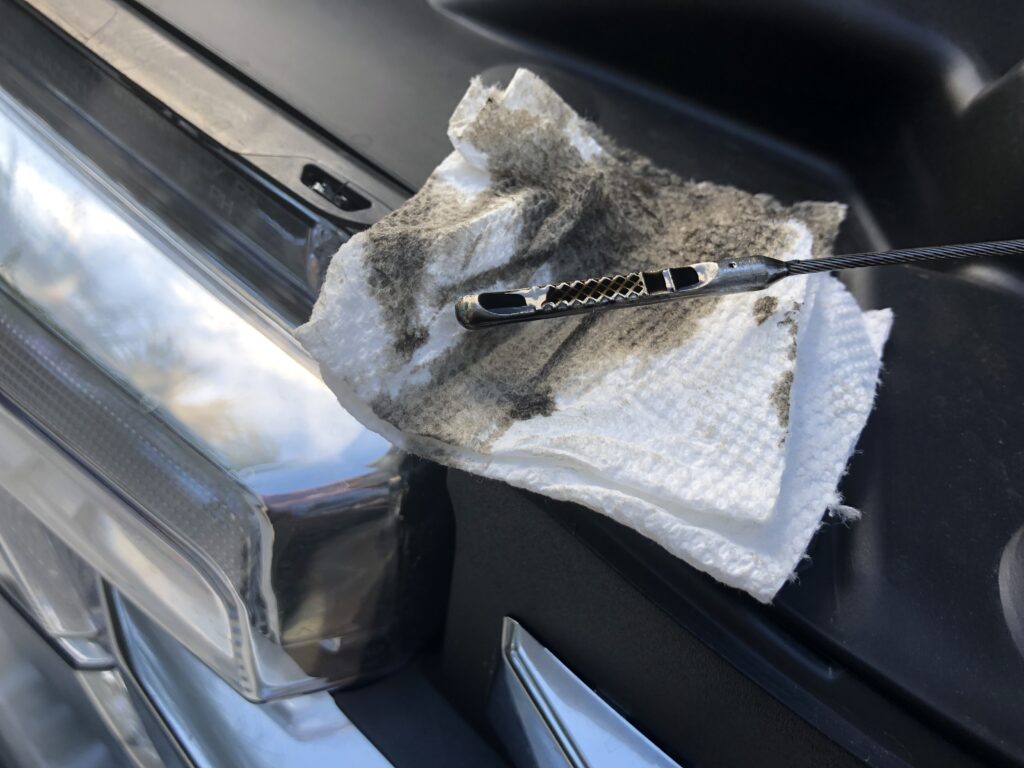Your car’s oil filter plays a crucial role in keeping your engine running smoothly and efficiently [Learn more]. While most drivers understand the importance of regular oil changes, there’s often confusion about how frequently you should replace your oil filter. In this comprehensive guide, we’ll explore everything you need to know about oil filter replacement intervals and why this simple maintenance task is vital for your vehicle’s health.
The Traditional Rule of Thumb
For decades, the automotive industry has followed a simple principle: replace your oil filter with every oil change. This practice emerged during an era when oil changes were typically recommended every 3,000 miles. However, with modern advances in both engine technology and oil quality, these intervals have evolved significantly.
Modern Recommendations for Oil Filter Replacement
Today’s vehicles can often go much longer between oil changes, sometimes up to 7,500 or even 10,000 miles, depending on the manufacturer’s recommendations and driving conditions. However, this extended interval doesn’t necessarily mean your oil filter can last that long.
Most automotive experts recommend replacing your oil filter at least every other oil change, and in many cases, it’s still best to replace it with every oil change. The reason is simple: a clean oil filter ensures your engine receives the maximum protection from your fresh oil.

Factors That Affect Oil Filter Replacement Frequency
Several variables can impact how often you should change your oil filter:
Driving Conditions: If you frequently drive in any of these conditions, you may need to replace your filter more often:
- Stop-and-go city traffic
- Dusty or sandy environments
- Extreme temperatures
- Short trips under 10 miles
- Heavy towing or hauling
Vehicle Age and Type: Older engines typically produce more contaminants than newer ones, potentially requiring more frequent filter changes. Additionally, different engine designs and sizes may have varying filtration needs.
Oil Type and Quality: Using synthetic oil typically allows for longer intervals between changes, but this doesn’t necessarily mean your filter can last as long as the oil. Even with synthetic oil, the filter may need replacement while the oil still has life left.
Signs Your Oil Filter Needs Replacement
While following recommended maintenance intervals is important, it’s also crucial to watch for signs that your oil filter might need replacement sooner:
Decreased Engine Performance: A clogged oil filter can restrict oil flow, leading to reduced engine performance and efficiency. If you notice your engine isn’t running as smoothly as usual, the oil filter could be one culprit.
Metallic Sounds from the Engine: When oil flow is restricted, metal-on-metal contact in the engine can create distinctive sounds. If you hear unusual metallic noises, especially during startup, consider checking your oil filter.
Dirty Oil Appearance: If your oil appears unusually dark or dirty shortly after an oil change, your filter might not be performing effectively.

The Cost-Benefit Analysis
Some drivers try to save money by extending their oil filter life beyond recommended intervals. However, this approach can be penny-wise and pound-foolish. A typical oil filter costs between $10 and $20, while engine repairs resulting from poor filtration can run into thousands of dollars.
Best Practices for Oil Filter Maintenance
To maximize your engine’s longevity and performance, consider these best practices:
Always consult your owner’s manual for specific recommendations regarding oil and filter change intervals. Manufacturers have thoroughly tested their engines and know what maintenance schedule works best.
Keep detailed records of your oil and filter changes. This helps you stay on schedule and can be valuable if you sell your vehicle or need to make warranty claims.
Use quality filters from reputable manufacturers. While premium filters may cost a few dollars more, they typically offer better filtration and can potentially last longer than budget options.
The Environmental Impact
Regular oil filter changes don’t just protect your engine; they can also benefit the environment. A well-maintained vehicle produces fewer emissions and uses fuel more efficiently. Additionally, many auto parts stores accept used oil filters for recycling, making proper disposal easy and environmentally responsible.
Professional Recommendations vs. DIY Maintenance
Whether you change your oil and filter yourself or rely on professional service, understanding the importance of proper maintenance intervals is crucial. Professional mechanics often recommend erring on the side of caution and replacing the filter with every oil change, especially for vehicles under warranty or those driven in challenging conditions.

Conclusion
While the exact interval for oil filter replacement can vary based on multiple factors, the safest approach is to replace it with every oil change or, at minimum, every other oil change. This practice helps ensure optimal engine protection and performance, potentially saving you money on repairs in the long run.
Remember that these are general guidelines, and your specific situation may require different intervals. Always consult your vehicle’s manual and consider your driving conditions when determining the right maintenance schedule for your car. The small investment in regular oil filter replacement pays dividends in engine longevity and reliability.
If you’re ever unsure about when to replace your oil filter, consult with a qualified mechanic who can assess your vehicle’s specific needs and help you develop an appropriate maintenance schedule. Your engine is one of the most expensive components of your vehicle, and protecting it with proper filtration is a small price to pay for peace of mind and reliable performance.